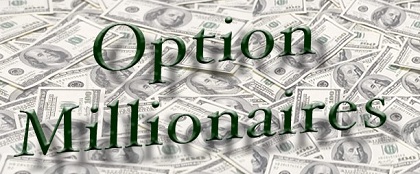- Bank of Japan policy board member Yoshihisa Morimoto said Thursday he is concerned about downside pressures on the Japanese economy, citing risks coming from the euro-zone sovereign debt crisis, uncertainties over oil prices and potential power shortages in Japan this summer.
"The biggest risk is the future course of Europe's debt problems," Morimoto told business leaders in Kobe , western Japan .
"While tensions surrounding Europe's debt problems are easing somewhat on the back of progress in Greek rescue plans, we cannot rule out the possibility that the problem could deteriorate again, causing confusion in the international financial markets and sharp declines in trade," he said.
Morimoto's cautious views on the strength of the economy reflect the central bank's stance of maintaining an accommodative monetary policy, even though it expects the nation's economy to return to a moderate recovery path in the first half of the next fiscal year starting April.
Morimoto said other risk factors include increasing geopolitical risks in Iran , which could slow down the global economy through rises in oil prices, and uncertainties over Japan's electricity supply.
Morimoto--a former executive at Tokyo Electric Power Co. (9501.TO), the operator of the crippled Fukushima Daiichi nuclear plant--warned that if all nuclear power plants in Japan were to be halted, it would cause electricity supply problems in the summer when demand reaches its peak. Supply shortages may weigh on output by large industrial users of electricity. Morimoto said the problems could have a negative impact on the overall economy.
Following the crisis at Fukushima Daiichi, other nuclear reactors shut down for maintenance have remained closed due to public concerns over their safety. At present, there are only two operating reactors in Japan , out of 54 overall, with one of them due to be shut down for maintenance on March 26 and the second by May.
Morimoto also said that careful attention should be paid to the possibility that corporate profits could be reduced by higher electricity costs as utilities use more expensive fossil fuels to generate power.
As for criticism that a newly introduced BOJ price goal of 1% is too low, Morimoto said the level is "appropriate," given that Japan's inflation rates were low even before the nation experienced deflation.
The introduction of what amounts to a numerical target for inflation took place in February, when the BOJ also surprised the markets with an expansion of its asset-purchase fund by Y10 trillion , to Y65 trillion . The BOJ now says it will continue its easy monetary policy until a 1% price rise is in sight.
At its latest meeting last week, the BOJ kept its key monetary policy unchanged but decided to add another Y2 trillion to a special lending facility designed to promote loans to growth-sector companies. BOJ Gov. Masaaki Shirakawa said the boost to the program came as "a package" with the measures taken in February.
Morimoto is slated to hold a press conference from 0500 GMT .


